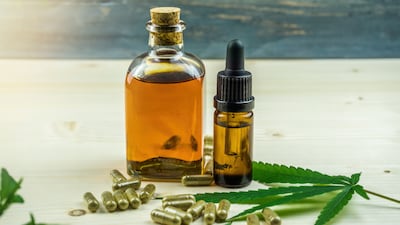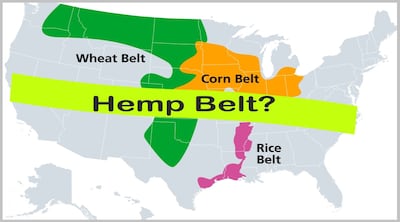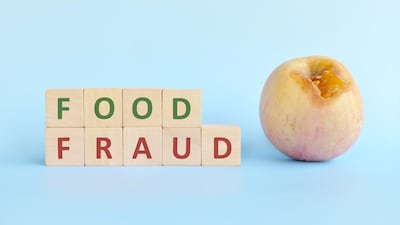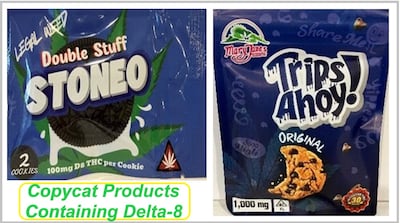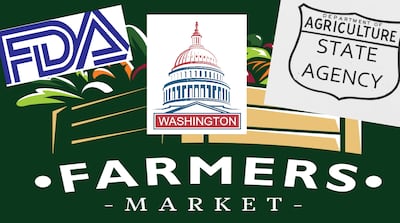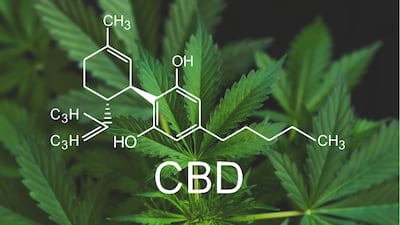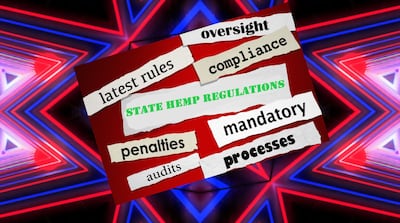Cannabis/CBD
EFSA is consulting on a provisional CBD safe dose of 2mg for a 70kg adult and has stated that the safety of CBD cannot be established for individuals under 25 years of age, pregnant or lactating women, and those on existing medications.
France's food safety regulator ANSES is proposing a reproductive toxicity category 1B classification for CBD under the EU's CLP regulation, which would mean an effective ban on CBD in cosmetics and foods. However, French hemp industry association UIVEC hopes that new evidence coming out of a European Commission review will put the issue to bed before it gets that far.
Provision in Wyden and Merkley’s “Cannabinoid Safety and Regulation Act” referencing FDA authority outside hemp-derived ingredients could provide agency with needed authority to force from the market products labeled as supplements but containing drugs or eliminate the use of many safe ingredients in supplements.
Democrats Wyden and Merkley author Cannabinoid Safety and Regulation Act to limit sales to consumers 21 and older and authorize FDA to order recalls and impose bans on cannabis products with dangerous chemicals or additives. It also would establish regulatory structure for using cannabinoids found naturally in hemp and allowing “semi-synthetic” ingredients while prohibiting artificial or fully synthetic cannabinoids.
Philip Morris described a scenario of being essentially blacklisted by the health care sector and its CDMO partners as it threw in the towel on its £1.1bn acquisition of UK inhalation specialist Vectura. It agreed to offload the firm at a fraction of the initial cost.
Report from European Commission's Alert and Cooperation Network finds EU consumers are being deceived by companies marketing supplements making unauthorized health claims and containing unapproved ingredients.
Warning letters to SuXiang Medical Instrument in China and Yahon Enterprise in Vietnam among recent warnings FDAS sent to OTC drug and supplement manufacturers, including a Florida firm, White Label Leaf, warned about selling gummies containing delta-8 THC, and other OTC skin care product firms.
Attorneys discuss potential impacts on consumer health products industry from Supreme Court’s “Loper Bright” decision in June on litigation brought by two fisheries, Loper Bright v. Raimondo and Relentless v. Department of Commerce.
Noting similar warnings a year ago, the FDA and FTC announce warnings to six more, part of a joint effort to stop sales of copycat food products containing delta-8 THC, saying companies selling these "illegal products are demonstrating complete neglect for consumer safety.”
Committee’s report published with FY2025 appropriation states a different approach to establishing FDA regulation of non-drug products containing hemp as a derivative of cannabis de-scheduled as controlled substance in the US since 2018.
Industry expects instructions stated in committee’s report to counter an amendment included in the bill it passed by on 10 July which would define as controlled substances a majority of hemp ingredients currently available in supplements, food and non-drug topicals in the US.
CV Sciences closes purchase of Elevated Softgels, a manufacturer of encapsulated softgels and tinctures for the supplement and nutrition industry. Captek Softgel starts gummy supplement production at a 60,000-square foot facility.
The European Federation of Associations of Health Product Manufacturers, EHPM, is hopeful the upcoming EU elections will trigger action on key issues related to dietary supplements, including novel food authorizations and harmonized vitamin levels.
Where a US hemp product firm stands on whether de-scheduling the botanical as a controlled substance in the 2018 farm bill left a loophole allowing chemically derived and potentially intoxicating cannabinoid strains to qualify could determine whether it agrees with the detour.
Ag committee members in 23 May markup likely to broach topic of delta-9 THC limit for hemp. Since hemp was de-scheduled in 2018, cannabinoids other than delta-9 but with psychoactive effects have become leading sales drivers. “Most states now have legal marijuana programs, they just don't know it,” says cannabis industry attorney.
DEA NPRM to move marijuana from CSA Schedule I to Schedule III says synthetically derived THC “is outside the CSA’s definition of marijuana” and “will remain in Schedule I.” Synthetically derived THC includes copies of ingredients derived from cannabis plants which qualify as hemp by containing no more than 0.3% delta-9 THC concentration by dry weight and are common in supplements and food available in US.
CBD products produced by Chanelle McCoy Health and Cannaray have been given the green light by the Food Standards Agency's Advisory Committee on Novel Foods and Processes allowing them to progress to the final stages of the regulator's lengthy approval process. Meanwhile, the Home Office has changed its policy with regards to THC in CBD, in response to an action brought against it by Jersey Hemp, clearing another barrier to making the UK market compliant.
Litigation the court agreed to accept for its term beginning in October doesn’t allege CBD in a tincture purchased in 2012 contained an unlawful level of delta-9 THC but contained any THC at all. Also, FDA Commissioner Califf encourages Congress to authorize regulatory pathway for lawful use of CBD and other hemp ingredients in supplements and food.
Personal care and cosmetic product trademark filings compiled from the Official Gazette of the US Patent and Trademark Office, Class 3.
Without FDA regulatory pathway for hemp’s lawful use in supplements and food, some states are imposing more-stringent regulations while others allow sales of intoxicating ingredients not considered controlled substances as hemp derivatives.

